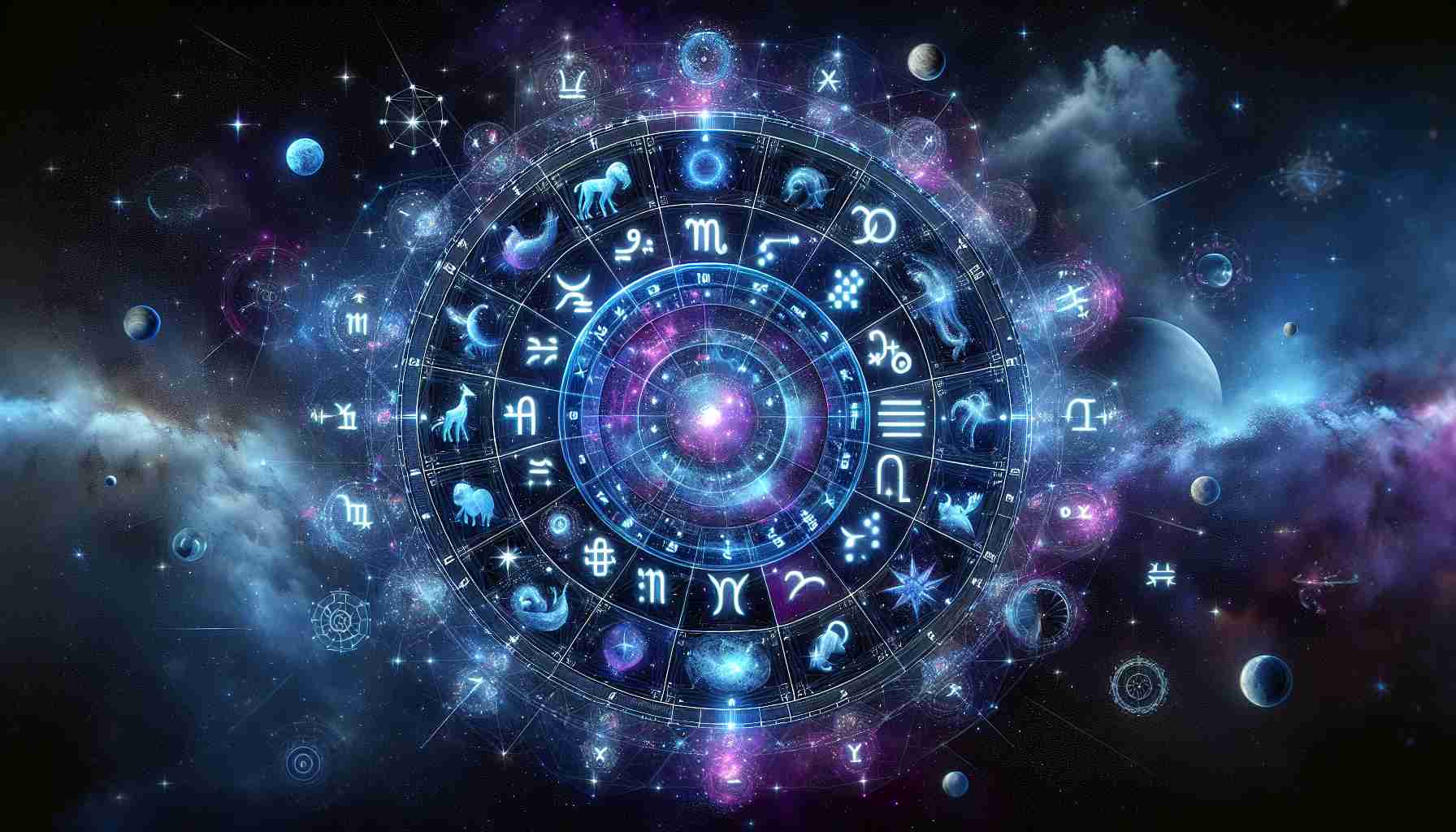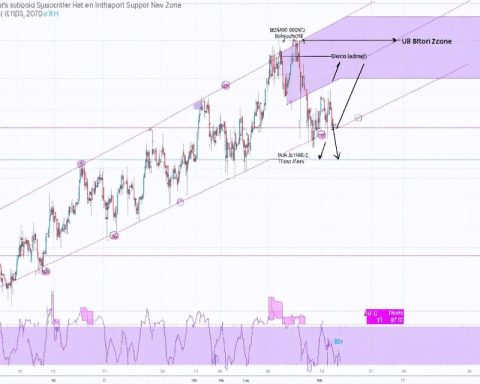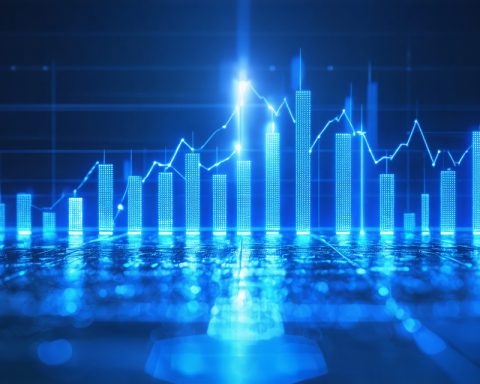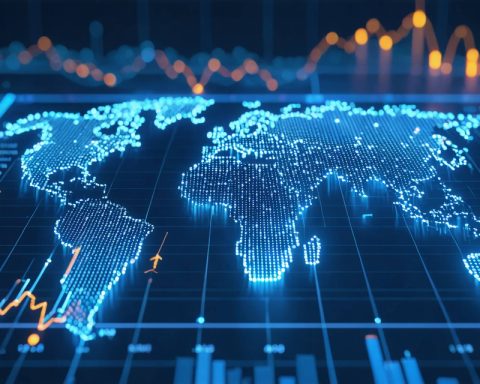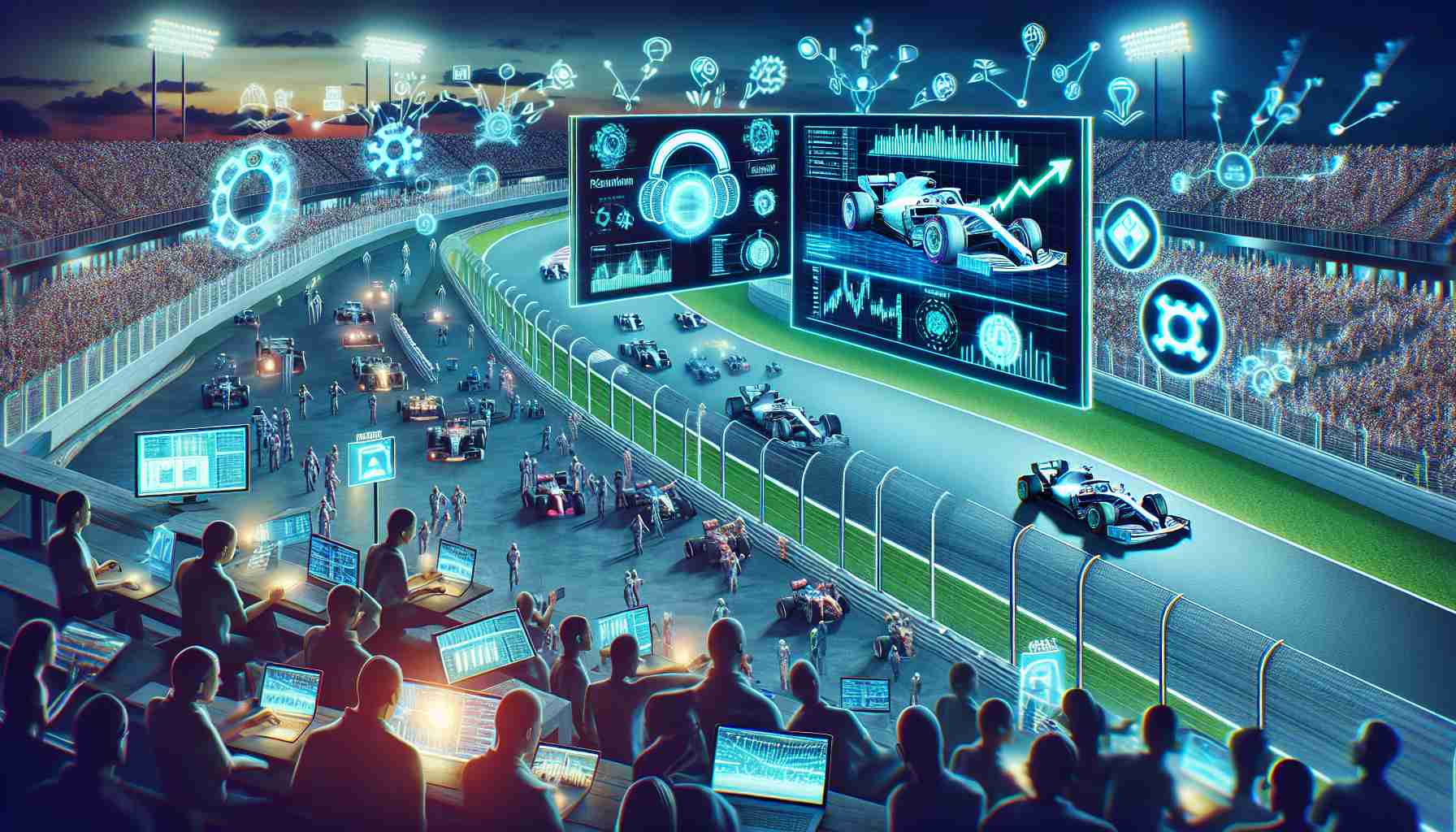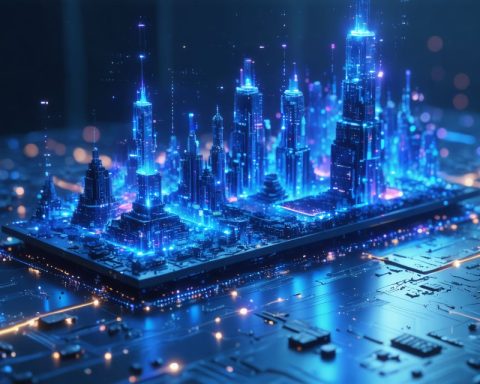Astrology has captivated humans for centuries, mapping personality traits and future predictions based on the alignment of stars and planets. Traditionally, birth signs and their dates have remained relatively static. However, in a groundbreaking development, new technologies are providing fresh insights into how these dates might evolve.
Welcome to the era of AI-enhanced astrology. With its advanced pattern-recognition capabilities, artificial intelligence is being employed to analyze astronomical data that was previously overlooked. This analysis suggests that our traditional understanding of zodiac sign dates could be more fluid than once thought. Machine learning algorithms, trained on historic and current cosmic data, reveal subtle shifts in the positions and movements of celestial bodies.
These findings are leading to the concept of a dynamic cosmic calendar—one that adjusts zodiac dates annually based on precise cosmic observations. Unlike the static calendars of old, a dynamic approach ensures that astrological readings are as accurate as possible, embracing both contemporary astronomical knowledge and technological advancements.
Furthermore, AI-powered astrology apps are now cropping up, offering personalized predictions with accuracy refined by real-time stellar movements. Users receive daily updates, making their horoscopes more relevant to events occurring in their lives today.
In this fusion of ancient beliefs and cutting-edge technology, the future of astrology looks promising and ever more intertwined with modern scientific capabilities. The evolution of our understanding of birth signs might just be the beginning of a transformative journey into the cosmos.
The Environmental Impact and Societal Implications of AI-Enhanced Astrology
At first glance, the intersection of astrology and artificial intelligence might seem like a niche curiosity, reserved for those intrigued by horoscopes and cosmic alignments. However, the advent of AI-enhanced astrology, with its dynamic cosmic calendar and personalized, real-time updates, hints at broader implications for the environment, humanity, and even the future of our society.
Environmental Perspective:
The environmental impact of AI-enhanced astrology is less about the technology itself and more about its potential applications. The same AI and machine learning advancements used to map celestial movements can also be leveraged to model climate patterns and environmental changes on Earth. By improving our ability to predict and understand shifts in our environment through sophisticated data analysis, humanity might apply these tools to better manage natural resources, foresee weather-related disasters, and mitigate the effects of climate change.
AI’s capacity to discern subtle patterns in vast datasets could also be applied to telescope networks, enhancing our understanding of cosmic phenomena and their potential impacts on Earth. This could lead to more accurate predictions of solar flares or asteroid paths, natural events that could have significant effects on our planet’s environment.
Human and Societal Connections:
On a societal level, AI-enhanced astrology represents a blending of ancient traditions with modern science, fostering a dialogue between cultural heritage and technological innovation. This fusion may inspire fresh perspectives, promoting a worldview that appreciates both spiritual insights and scientific inquiry—the crux of a balanced approach to personal and communal development.
Moreover, as astrology becomes more individualized and data-driven, there’s an opportunity to explore human behavior, psychology, and decision-making processes with a new lens. By understanding these through the intertwined prisms of ancient beliefs and AI analysis, we could develop more tailored mental health support systems, wellbeing programs, and even personalized educational and career paths.
Economic and Global Implications:
Economically, AI-enhanced astrology could stimulate growth in technology sectors focused on personal development tools, opening new markets for entrepreneurs and developers. As AI-driven apps grow in popularity, they create jobs and drive technological advancement, cascading benefits to related industries like AI research, psychological services, and wellness initiatives.
On a global scale, the accessibility and personalization of astrology can strengthen cultural exchange and understanding. As astrology apps become more nuanced and culturally inclusive through AI, different traditions and knowledge systems might merge, fostering unity in diversity—a sentiment crucial for a harmonious future.
In essence, AI-enhanced astrology could be a microcosm of how future technologies blend with human culture, potentially crafting a society where ancient wisdom and cutting-edge science complement each other. As we embrace the insights of this dynamic cosmic calendar, we may find new pathways leading us not just through the cosmos, but towards a more sustainable, inquisitive, and interconnected humanity.
Revolutionizing Astrology: How AI is Redefining Zodiac Sign Dates
Astrology, a field that intertwines celestial movements with human experience, is undergoing a significant transformation thanks to the integration of innovative technologies. This article explores the burgeoning era of AI-enhanced astrology, uncovering new insights, trends, and possibilities.
The Evolution of Zodiac Sign Dates
The static nature of traditional zodiac sign dates is being challenged by the introduction of machine learning and artificial intelligence in astronomical research. Through data-driven analysis, scientists and astrologers alike are beginning to understand that the cosmos is far more dynamic than previously thought. The revelations from AI analysis indicate that the dates associated with astrological signs may shift in response to minute changes in celestial alignments.
How AI Algorithms Refine Astrology
AI algorithms, specifically designed for pattern recognition, are revolutionizing the way astronomical data is processed. These algorithms sift through vast swathes of historical and current cosmic information to identify subtle changes in the positioning of stars and planets. This technology-driven approach not only suggests alterations in zodiac sign dates but also enhances the precision of astrological predictions.
Introducing the Dynamic Cosmic Calendar
The concept of a dynamic cosmic calendar is emerging as a pivotal development. Unlike traditional static calendars, this innovative framework promises to adapt annually, offering a more accurate reflection of celestial shifts. Such a calendar would align astrology more closely with real-time astronomical events, drawing on contemporary scientific insights.
Pros and Cons of AI-Enhanced Astrology
Pros:
– Increased Accuracy: Real-time data analysis allows for more precise astrological readings.
– Personalization: Predictions can be tailored to the individual, providing insights relevant to current life events.
– Innovation: Combines traditional astrology with modern technology, offering exciting new possibilities.
Cons:
– Complexity: The integration of AI may complicate astrology for some enthusiasts who prefer simplicity.
– Dependence on Technology: Relies heavily on the continuous advancement of AI technologies.
The Role of AI-Powered Astrology Apps
AI-powered astrology apps are at the forefront of bringing these advancements to the public. These applications offer daily updates and personalized predictions, leveraging real-time stellar movements to enhance user experience. As a result, users can engage with astrology that is not only more accurate but also deeply relevant to their personal journey.
Future Trends and Predictions
The fusion of AI with astrology heralds a new phase of cosmic exploration. As AI technologies continue to evolve, we can expect further breakthroughs in understanding celestial patterns and their impact on human life. This synergy of ancient practices and cutting-edge technology suggests a promising future for astrology, one that may eventually integrate even more sophisticated scientific tools and insights.
For those interested in the exciting developments at the intersection of technology and astrology, exploring emerging AI platforms and tools may provide a glimpse of what lies ahead in this cosmic renaissance.
